Q&A: “Could a fairly feminine looking person get away with boku?”
anonymous said:
actually I’ve been wondering for awhile what “I” word you use in Japanese, I’ve been learning Japanese and just wondering as far as queer communities in Japan if they ever step out of the (w)atashi is for girls/neutral and boku/ore is for boys thing. Could a fairly feminine looking person get away with boku? just wondering about what the situation actually is surrounding those words usage.
i don’t use any particular set of first person pronouns ( i / me / my / mine) because i’m not comfortable using any of them. rather, i use various different pronouns or no pronoun at all depending on the register i’m speaking in, the situation i’m in, who i’m speaking to, how i’m feeling that particular day at that particular time, etc etc. thankfully Japanese is a very flexible language when it comes to pronouns in general and doesn’t even require usage of them at all most of the time, unlike English.
that doesn’t stop Japanese pronouns from being a pain in my native-English-speaking-gaijin ass, though.
while i hesitate to make broad generalizations about what people in Japan (queer or otherwise)
do or don’t do, i think it’s safe to say that Japanese people in general twerk, bend and play with language (including pronouns) all the time. while the gendered associations that exist with pronouns are strong, lots of people defy those associations every day (and are subsequently met with varying degrees of pushback from society because of it, of course, but still). in Japanese much more so than is even possible with English, Japanese pronouns are loaded with much more than just gender associations. among other things, they are also imbued with character and which one a person uses is read as saying as much about that person’s gender as it is their individual personality and self-expression, in my humble opinion. after all, there is more than one pronoun associated with either of the binary genders. everyone has a choice when it comes to their pronoun usage and gender is but one of many considerations.
again, this is just my opinion, but if the situation isn’t formal or otherwise warranting humility or “professionalism”, anyone could “get away with” using 僕 / “boku”. especially as a gaijin (foreigner) and doubly so if your Japanese ability isn’t particularly advanced, people will just assume that your pronoun usage is a learner’s mistake influenced by anime / manga. even if your Japanese ability is notably good, it’s highly unlikely that anyone would actively reprimand you in a casual setting, although they may pause upon hearing it and maybe just maybe eventually muster up the courage to point out what they assume to be a mistake on your part, but it’s much, much more likely that they’ll just chalk it up to being a personality quirk.
i don’t consider myself to be feminine at all, but even so the only time i’ve ever been called out on my usage of 僕 / “boku” has been when i consciously decided to use it in class with young students just to see how they’d react, upon which i’m immediately corrected because kids are just like that. they like to think that they’ve one-upped me and are teaching me A Thing, but also, espeically for Japanese kids imho, the world for them is a much more rigid place in general #Because決まり.
while (adult) native speakers of Japanese masterfully command their pronoun usage and defy social norms in many ways beyond just pronouns, i, on the other hand, police my own pronouns out of sheer self-consciousness and anxiety. kids aside, it’s never others imposing linguistic social norms on me, it’s always just me who’s awkward.




